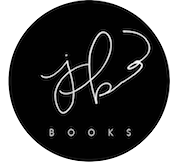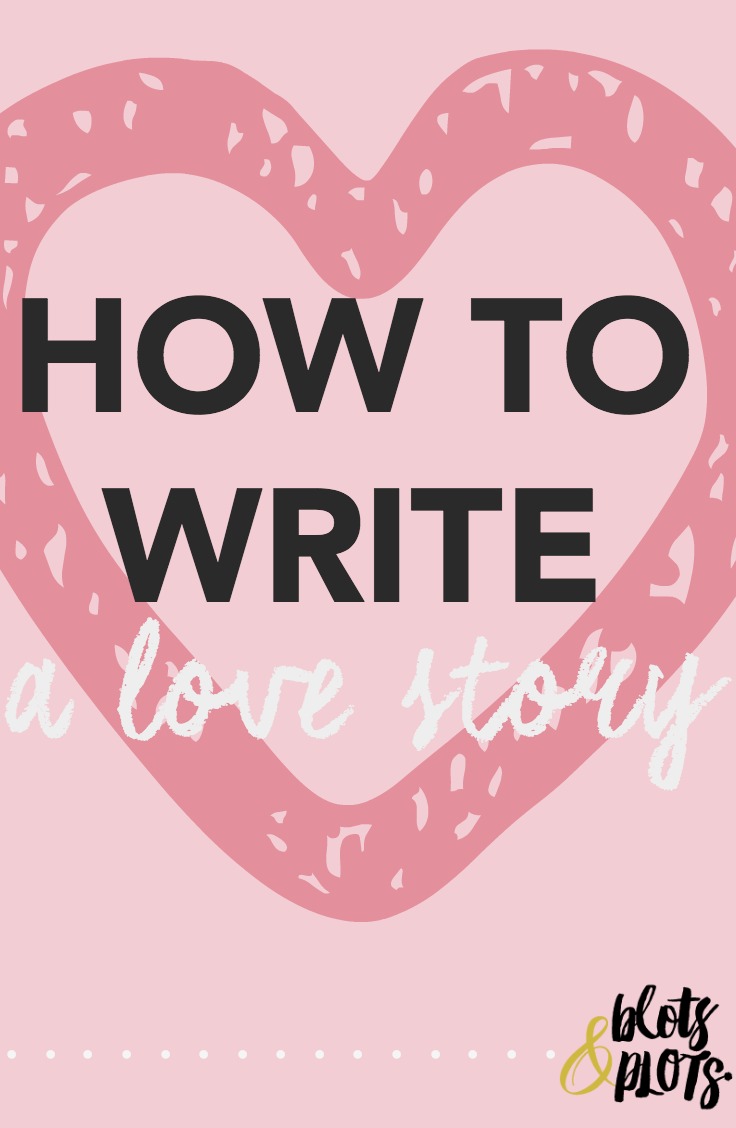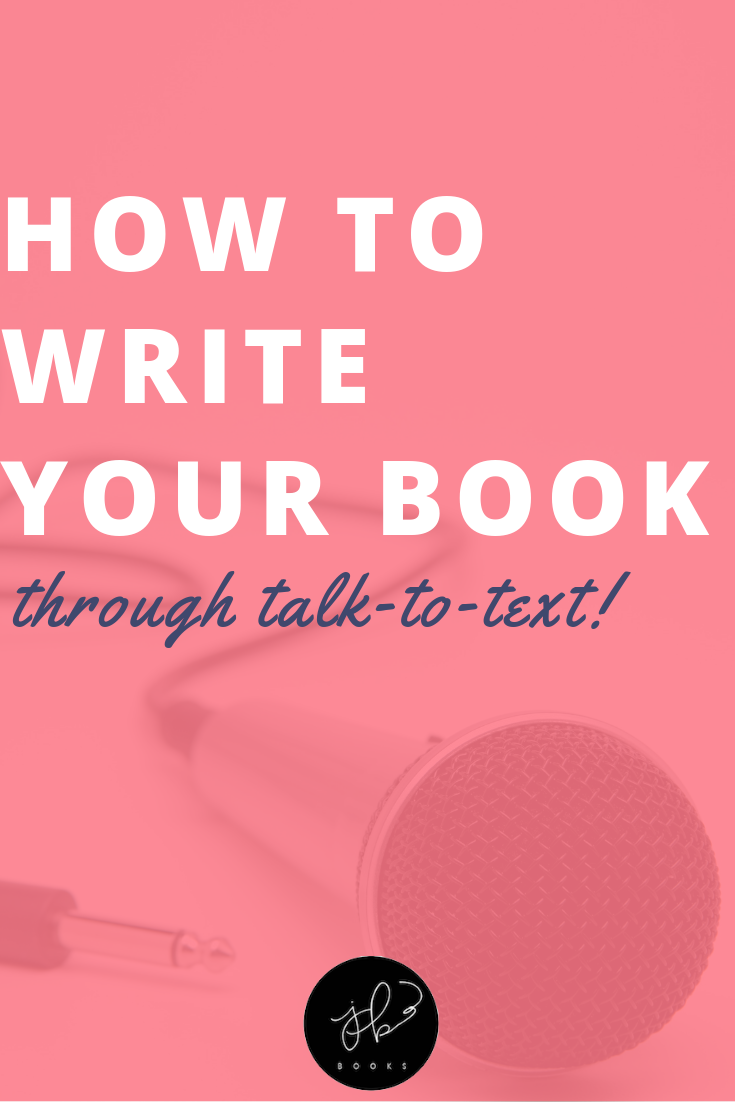Itty Bitty Intro
Inspired by my new hero, Ksenia Anske, a self-publisher with amazing insight, I decided to actually start sharing my writing. Why? Because I'm a writer. Writers write. Right? (Annoyed, yet? Still there? Ok sahweeeet.)
Below, you'll find my new work-in-progress. It's a New Adult novel about a girl, Wendy Lake, who finds herself in the midst of post-college life: friends headed down the aisle, moving back with her parents, and of course, the boy who broke and un-broke her heart (a pattern that just won't quit). It's told in two timelines: the present and the not-so-distant past.
Ok, enough talking from me. Take it away, Wendy.
Chapter Something, Scene Something
Being alone with Simon Guidry feels like stepping into a movie screen, like Dorothy when she steps into color, like Rose when she lifts the brim of her hat and sees the Titanic, the moment that Rick sees Ilsa again. Of all the gin joints in all the towns in all the world, Simon Guidry stepped into mine.
My parents went to bed and for the first time in my life, I have the house to myself with a boy. Not just any boy. A boy who feels larger than life itself, a boy who feels like something someone has written into existence, a boy fixed out of stars.
The house swells with just the two of us to fill the living room, with its vaulted ceilings and wall of pure windows.
And he's looking at me. God. He smiles at me the way every person wants to be smiled at, like he’s been saving up this special construction of his face just for me.
“Sooooo,” he says.
We're both standing, he by the fireplace and I leaning against the couch, and I'm acutely aware of the space between us and how I'm gripping onto the cushion like a crutch.
Outside, it rains. We’ve opened the windows so that the sound of the rain amplifies, like a chorus of crackling fireworks.
And I think I can fall asleep in this moment, so I will never have to leave it. But this isn’t dreaming. This is living.
“Sooooo,” I repeat.
“I have an idea,” he says.
He moves to the light switch. Flips it off. He does this with the kitchen, hall and dining room lights as well, and all that remains is the ashen silhouettes of one another.
He walks over to me.
My body tenses while everything inside of me plummets.
“Want to watch the rain with me?”
The only light in view is outside, cutting diagonally against the curtain of rain like a spotlight. He takes my hand. My body reacts in a way I never knew bodies could, and I suddenly understand what everyone means by butterflies in your stomach and the feeling of catching fire.
He props the pillows up on the couch, and we settle ourselves next to each other, his arm supporting my head and snaking its way around my arm. I lean into him. I feel the way his chest lifts and falls, in sync with my own, and I know that I will never forget. I know that for the rest of my life, if there will ever be any other boys beyond this perfect one, it will never be quite like this.
Quietly, we lie.
And I’m thinking about love: falling, being and first. I don’t know much about it. I don’t know if the feeling of love is the same as being in love or if being in love means more than everything I know right here in this moment.
Because here in the dark, shrouded by rain, I am in love.
That's all, folks! I hope you enjoyed it. Please feel free to comment/critique/roast below!














